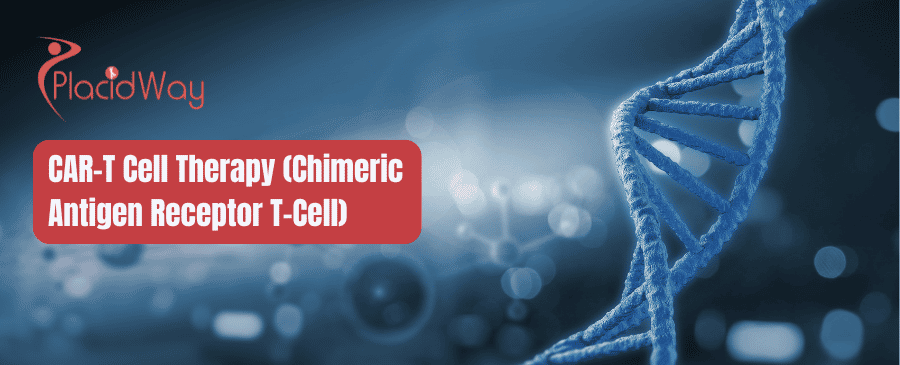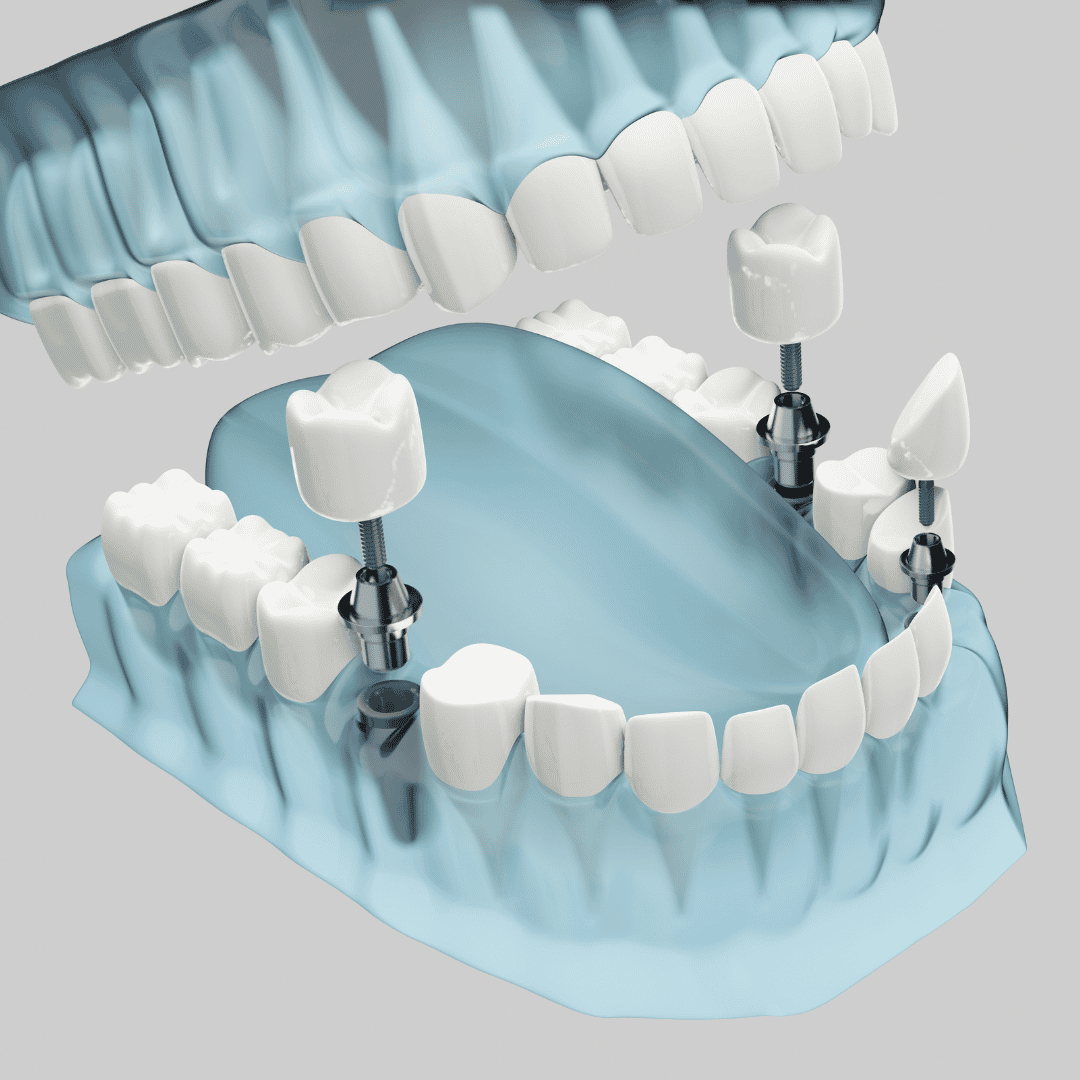CAR-T Cell Therapy


CAR-T Cell Therapy - Chimeric Antigen Receptor T-Cell Overview
CAR-T cell therapy, short for Chimeric Antigen Receptor T-cell therapy, represents a groundbreaking advancement in the field of cancer immunotherapy. This innovative approach involves genetically modifying a patient's T cells to recognize and attack cancer cells with precision.
By equipping T cells with synthetic receptors known as chimeric antigen receptors (CARs), CAR-T cell therapy empowers the immune system to effectively target and destroy cancer cells, offering new hope for patients with certain types of cancers. Here we will explore the principles behind CAR-T cell therapy, the types of cancer it aims to treat, suitable candidates for this therapy, the benefits it offers, the treatment process, associated costs, healthcare professionals involved, and key considerations for individuals considering CAR-T cell therapy.
Best Hospitals for CAR-T Cell Therapy in China |
|
|
|
|
Principles of CAR-T Cell Therapy
-
T Cell Collection: T cells are extracted from the patient's blood through a process called leukapheresis.
-
Genetic Modification: The extracted T cells are genetically engineered in the laboratory to express chimeric antigen receptors (CARs) on their surface.
-
CAR Activation: CARs are synthetic receptors designed to recognize specific proteins (antigens) expressed on the surface of cancer cells.
-
Expansion and Infusion: The genetically modified CAR-T cells are cultured and expanded in the laboratory before being infused back into the patient's bloodstream.
-
Targeting Cancer Cells: Once infused, CAR-T cells target and bind to cancer cells expressing the corresponding antigen, leading to their destruction.
Types of Cancer Targeted by Chimeric Antigen Receptor T-Cell
CAR-T cell therapy has shown promising results in the treatment of various hematologic malignancies and solid tumors, including:
CAR-T cell therapy has demonstrated remarkable success in treating B-cell acute lymphoblastic leukemia (B-ALL) and chronic lymphocytic leukemia (CLL). Certain types of non-Hodgkin lymphoma, such as diffuse large B-cell lymphoma (DLBCL) and mantle cell lymphoma (MCL), have responded well to CAR-T cell therapy.
CAR-T cell therapy is being investigated as a potential treatment for multiple myeloma, a cancer of plasma cells. Although challenging, research is ongoing to develop CAR-T cell therapies for solid tumors such as glioblastoma, breast cancer, and pancreatic cancer.
Who are Good Candidates for CAR-T Cell Therapy?
Patients with relapsed or refractory cancer, particularly those with specific cancer subtypes like B-cell malignancies, represent suitable candidates for CAR-T cell therapy. These individuals, having exhausted standard treatment options, may find renewed hope in the targeted approach of CAR-T cell therapy, which capitalizes on identifying and attacking cancer cells bearing specific antigens. Moreover, candidates with overall good health status and minimal comorbidities are preferable, ensuring a safer and more successful treatment journey. By carefully selecting patients based on these criteria, healthcare professionals can optimize the effectiveness and safety of CAR-T cell therapy, potentially offering life-saving outcomes for those in need.
What Are the Benefits of CAR-T Cell Therapy?
CAR-T cell therapy offers several potential benefits:
-
Targeted Treatment: CAR-T cells specifically target cancer cells expressing the target antigen, sparing normal cells and reducing side effects associated with traditional treatments.
-
Potential for Long-Term Remission: Some patients achieve durable remissions or even complete responses following CAR-T cell therapy, leading to prolonged survival.
-
Adaptability: CAR-T cell therapy can be tailored to target different antigens, allowing for flexibility in treating various types of cancers.
-
One-Time Treatment: In some cases, CAR-T cell therapy may provide long-lasting benefits with a single infusion, reducing the need for ongoing treatment.
What to Expect in CAR-T Cell Therapy?
The process of CAR-T cell therapy generally involves the following steps:
-
Patient Evaluation: Patients undergo a comprehensive evaluation to assess their eligibility for CAR-T cell therapy, including medical history, diagnostic tests, and imaging studies.
-
T Cell Collection: T cells are collected from the patient's blood through leukapheresis and transported to a specialized laboratory for genetic modification.
-
Genetic Engineering: T cells are genetically modified to express CARs targeting specific antigens present on cancer cells.
-
CAR-T Cell Production: The modified CAR-T cells are cultured and expanded in the laboratory to generate a sufficient quantity for infusion.
-
Preparatory Treatment: Some patients may receive lymphodepleting chemotherapy before CAR-T cell infusion to enhance the therapy's efficacy.
-
CAR-T Cell Infusion: The expanded CAR-T cells are infused back into the patient's bloodstream, typically in a single infusion.
-
Monitoring and Follow-Up: Patients are closely monitored after CAR-T cell infusion for potential side effects and treatment response. Follow-up appointments are scheduled to assess treatment efficacy and manage any adverse events.
How Much Does CAR-T Cell Therapy Cost?
The cost of CAR-T cell therapy can vary significantly based on factors such as the type of cancer being treated, the specific CAR-T cell product used, the complexity of the procedure, and the healthcare facility's location. As a cutting-edge and personalized form of cancer treatment, CAR-T cell therapy can be expensive, often reaching hundreds of thousands of dollars or more. Patients are advised to discuss the anticipated costs, potential insurance coverage, and available financial assistance options with their healthcare providers.
Who Performs CAR-T Cell Therapy?
CAR-T cell therapy is typically administered by a multidisciplinary team of healthcare professionals, each contributing their expertise to ensure the success of the treatment. Oncologists, particularly those specializing in hematologic malignancies or solid tumors, take the lead in coordinating and overseeing the therapy's implementation. Immunologists with a focus on cellular therapy play a vital role in the development and refinement of CAR-T cell products, leveraging their understanding of immunology to enhance efficacy and safety.
Additionally, cell therapists, experts in cell manufacturing and processing, are responsible for the meticulous production and quality control of CAR-T cell products, ensuring that each dose meets rigorous standards before administration to patients. This collaborative effort among oncologists, immunologists, and cell therapists ensures comprehensive care and optimal outcomes for individuals undergoing CAR-T cell therapy.
Things to Know Before Chimeric Antigen Receptor T-Cell
Before undergoing CAR-T cell therapy, individuals should keep the following points in mind:
-
Comprehensive Evaluation: Patients should undergo a thorough evaluation to determine their eligibility for CAR-T cell therapy, including discussions about potential risks and benefits.
-
Informed Consent: Patients and their caregivers should receive detailed information about CAR-T cell therapy, including its mechanism of action, potential side effects, and expected outcomes, to make informed decisions.
-
Treatment Expectations: Understand that CAR-T cell therapy may not be suitable for all patients or cancer types, and treatment outcomes can vary from person to person.
-
Potential Side Effects: Be aware of potential side effects associated with CAR-T cell therapy, including cytokine release syndrome (CRS), neurologic toxicity, and immune-related adverse events.
-
Follow-Up Care: Patients should adhere to recommended follow-up appointments and monitoring schedules to assess treatment response and manage any adverse events effectively.
Get FREE QUOTE for CAR-T Cell Therapy Abroad at PlacidWay!
CAR-T cell therapy represents a transformative approach in cancer treatment, offering new hope for patients with certain types of cancers that have not responded to standard therapies. By understanding the principles behind CAR-T cell therapy, identifying suitable candidates, recognizing its potential benefits, comprehending the treatment process, considering associated costs, acknowledging the healthcare professionals involved, and being aware of key considerations, individuals can approach CAR-T cell therapy with informed decision-making and a proactive stance toward their cancer journey. If you're considering CAR-T cell therapy, consult with reputable healthcare providers specializing in cellular immunotherapy to explore your treatment options and make empowered decisions for your cancer care.
By: PlacidWay,




.png)


